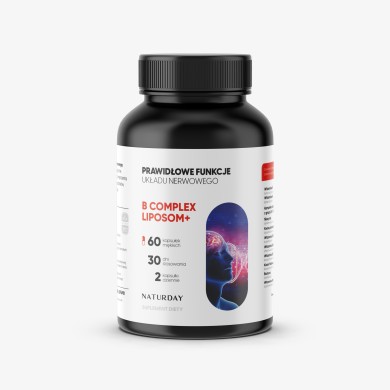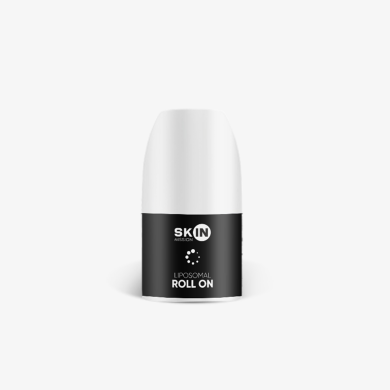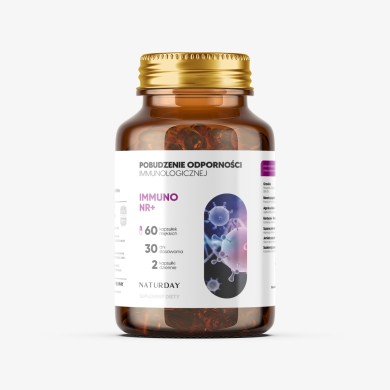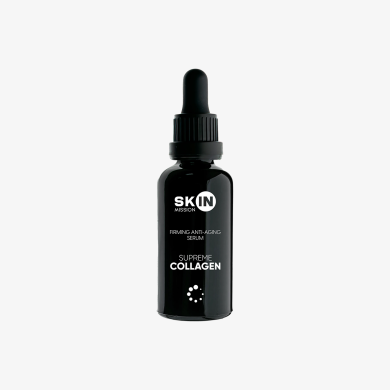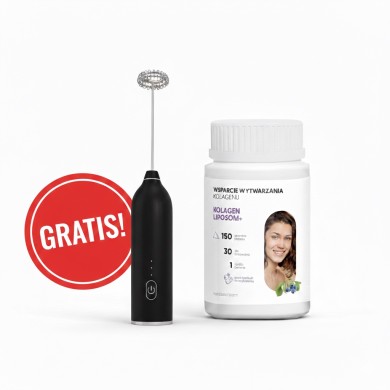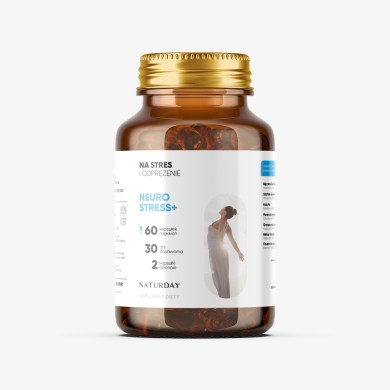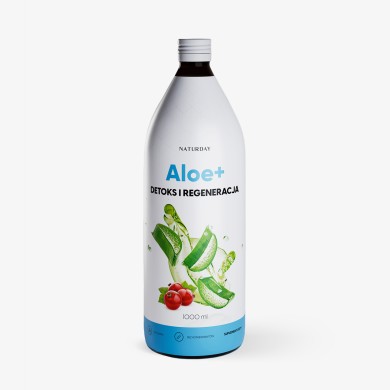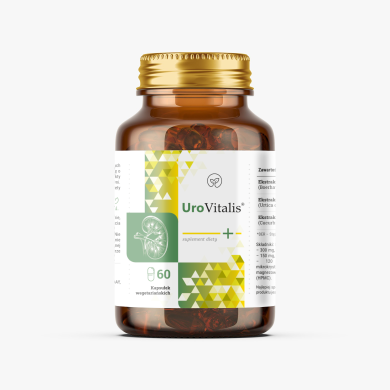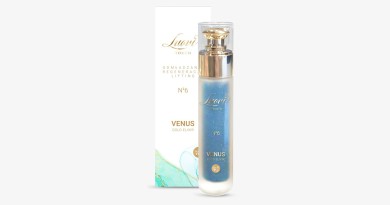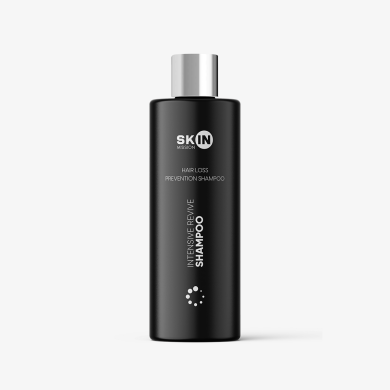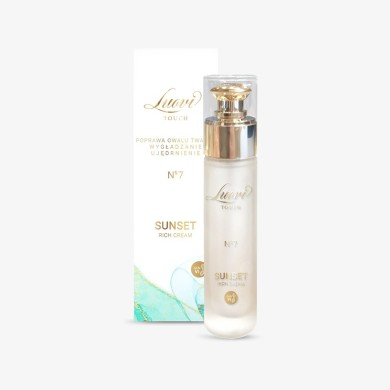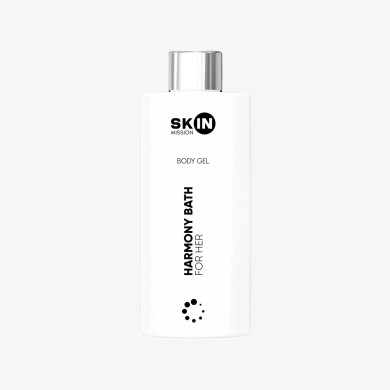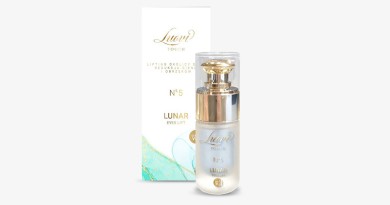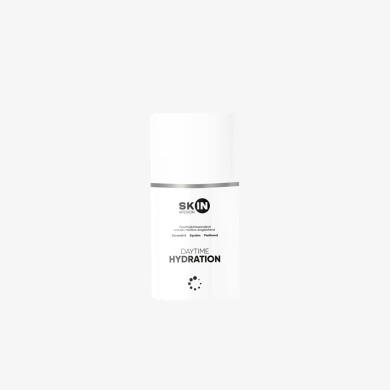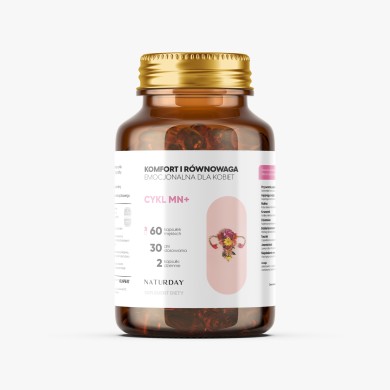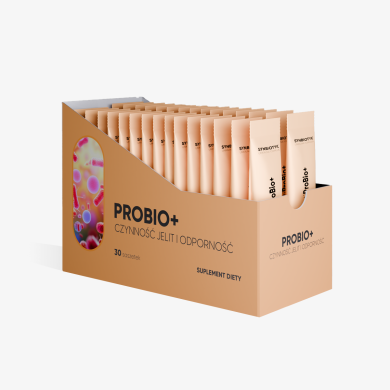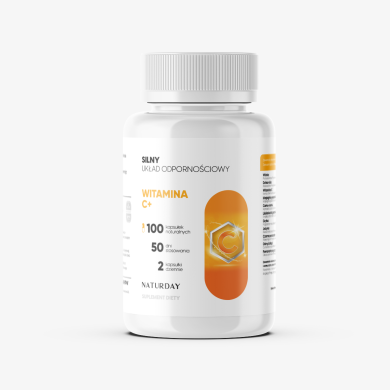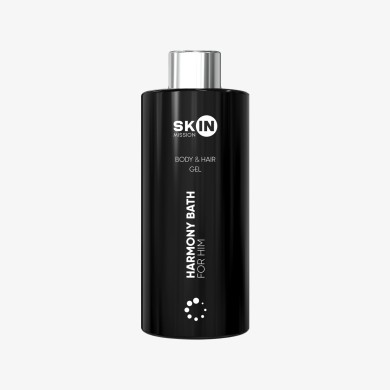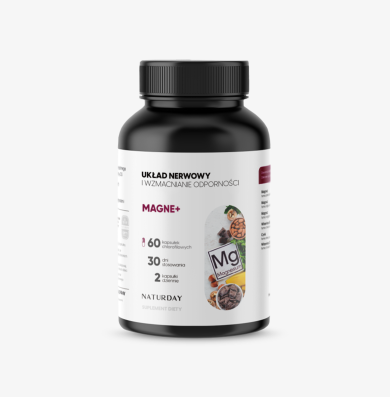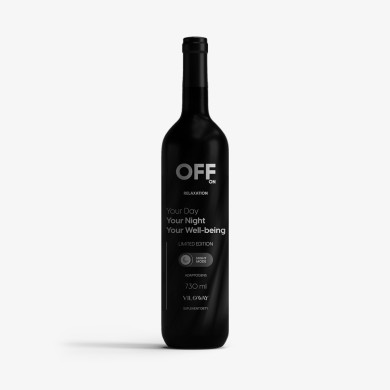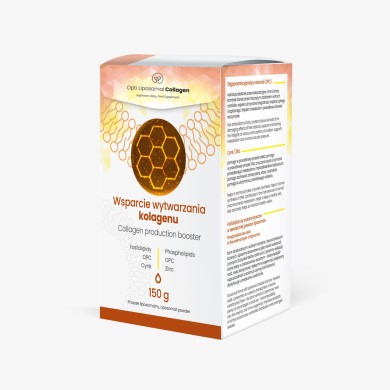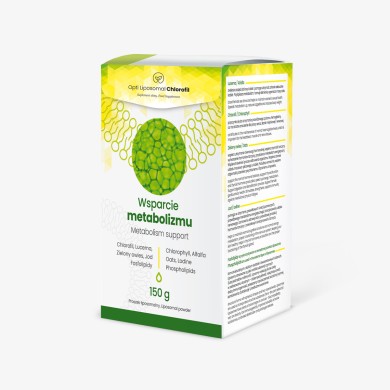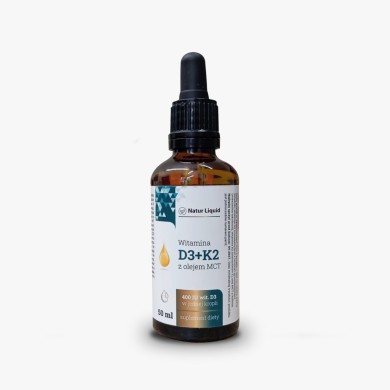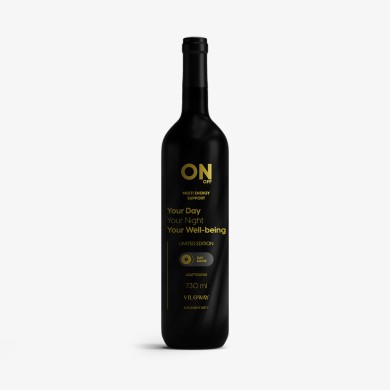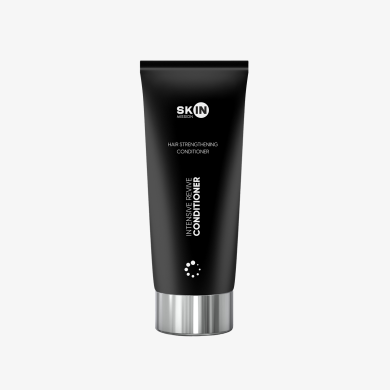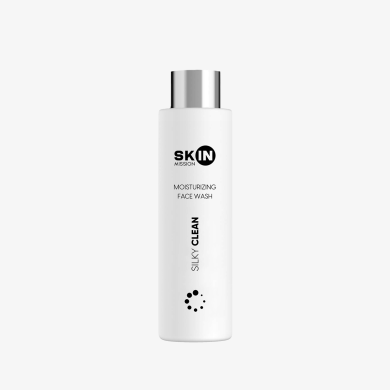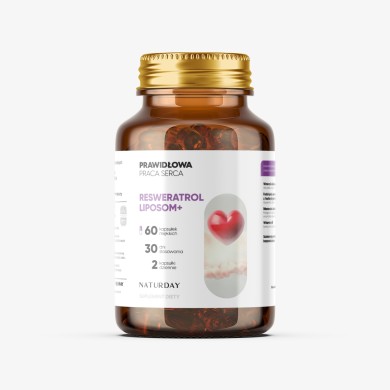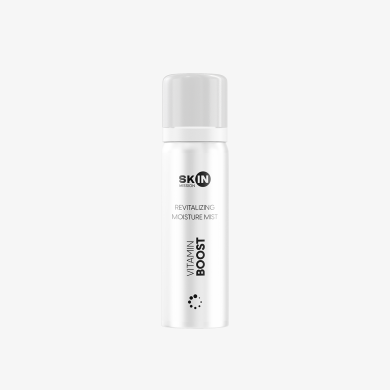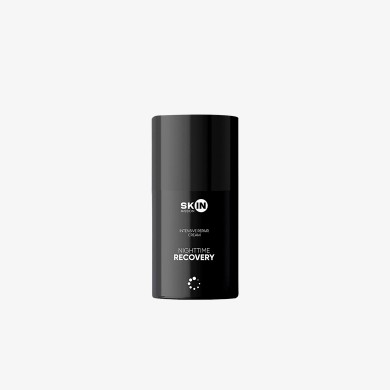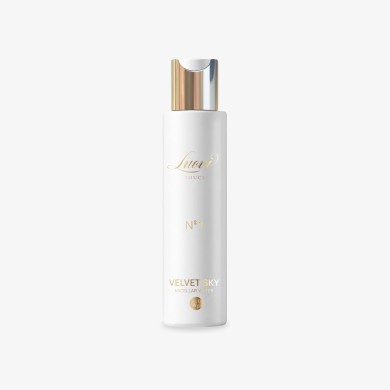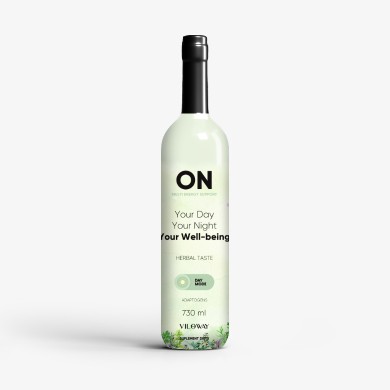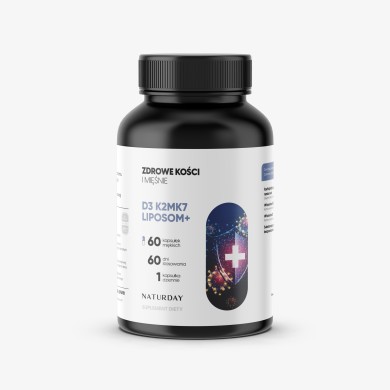The use of vitamin C in combination with protective bioflavonoids increases bioavailability and protection against enzymes that destroy L-ascorbic acid. Vitamin C mixed with plant extracts supports the proper functioning of the immune system and is a very strong antioxidant. Scientific research confirms that it promotes collagen production and tissue regeneration. Extracts from camu camu, acerola and rose hips are the best natural source of vitamin C because they also contain bioflavonoids that support the absorption of vitamin C and its protection. Vitamin C, flavonoids and carotenoids are also recommended by professional cosmetologists due to their strong skin regenerating properties, as well as evening out skin tone and reducing discoloration. Plant ingredients, through their synergistic action, support joint regeneration and collagen reconstruction. Vitamin C has a proven immune-supporting and protective effect, especially in people who smoke cigarettes and are exposed to environmental air and food pollution.
Stimulate collagen production and tissue regeneration
Regenerate the skin, even out the skin tone and reduce discoloration
Support the proper functioning of the immune system
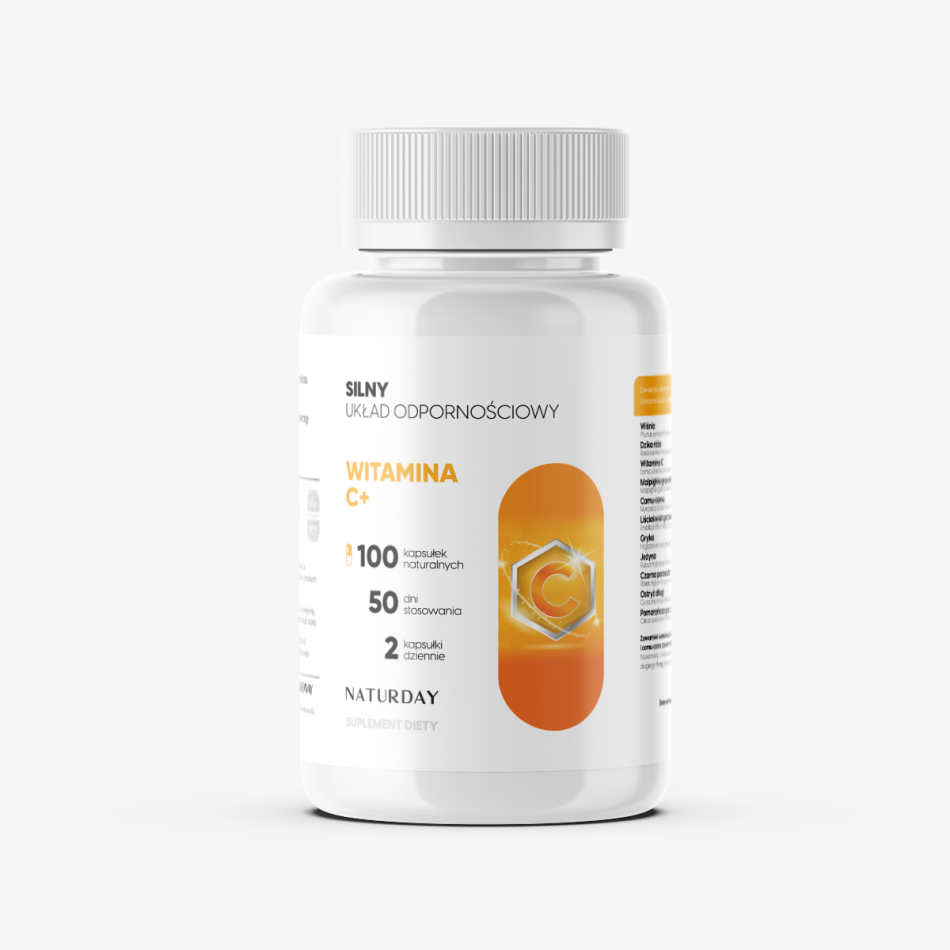
The synergy of natural ingredients containing vitamin C, curcuminoids, anthocyanidins and flavonoids is a health treasure. Through its abundance of antioxidants and protective substances, it strengthens every part of your body with the necessary nutrients. It is like a fountain of joy and health for your cells and internal organs. Regain joy and vitality. Introduce your body to regenerative well-being.
This product is especially recommended:
- for people who need to strengthen their immunity
- for people who want to regenerate collagen in the skin and joints
- for sick people during convalescence
- for people who need to strengthen their fragile blood vessels
- for people who want to renew the quality of their skin and increase its firmness
1 capsule 2 times a day (2 capsules a day)
Content of ingredients in the daily serving of the product (2 capsules):
Sour cherry (Prunus cerasus Fructus) powder, DER 10:1 - 550 mg
Rosehip (Rosa canina Fructus) extract - 215 mg
Vitamin C – chemical form of vitamin C: L-ascorbic acid - 100 mg, 125% NRV
Acerola (Malpighia glabra Fructus) extract - 100 mg
Camu-camu (Myrciaria dubia Fructus) extract - 50 mg
Indian gooseberry (Emblica officinalis Fructus) extract - 50 mg
Buckwheat (Fagopyrum esculentum Semen) extract - 50 mg
Blackberry (Rubus fruticosus Fructus) extract - 50 mg
Blackcurrant (Ribes nigrum Fructus) extract - 50 mg
Turmeric (Curcuma longa Rhizoma) extract - 15 mg
Bitter orange (Citrus aurantium Pericarpium) extract - 10 mg
Store at room temperature, out of sunlight, out of reach of small children.
Hypersensitivity to any ingredient of the supplement
Vitamin C+
is for you if:
Camu camu fruit extract (Myrciaria dubia L.)
Myrciaria dubia fruits are rich sources of bioactive compounds with antioxidant properties
https://www.ncbi.nlm.nih.gov/pmc/articles/PMC9955449/
Acerola fruit extract (Malpighia glabra L.)
Acerola is one of the richest natural sources of ascorbic acid and contains an abundance of nutrients such as carotenoid phenols, anthocyanins and flavonoids. Active substances in acerola have a positive effect on the eyesight and cardiovascular system, have anti-allergic, anti-inflammatory and potentially anti-cancer effects.
https://pubmed.ncbi.nlm.nih.gov/12747089/
Indications supported by Vitamin C+ ingredients
Carpal tunnel syndrome is a condition in which there is pressure on the median nerve in the carpal tunnel, leading to pain, numbness, and weakness in the hand.
Sinusitis is an inflammatory condition of the paranasal sinuses. It often occurs as a bacterial complication following a viral infection.
Bronchitis is an inflammation of the bronchial tubes, characterized by coughing, shortness of breath and mucus production. It can result from an infection or exposure to pollutants.
Rosacea is a chronic skin condition characterized by redness, visible blood vessels, pimples, and papules, primarily on the face. It can be caused by genetic factors, stress, an improper diet and sun exposure.
Vascular purpura is a condition characterized by increased fragility and permeability of blood vessels, leading to easy bruising, bleeding and petechiae on the skin. It can result from various diseases, such as congenital vascular defects or autoimmune disorders.
A cold is an infection of the upper respiratory tract caused by viruses, most commonly rhinoviruses. It is characterized by a runny nose, cough, sore throat, fever and general weakness. Symptoms typically resolve within seven days, although some may persist for up to three weeks.
Vitamin C deficiency is a condition in which the body does not have enough of this vitamin, leading to weakened immunity, skin problems, reduced collagen production and the development of scurvy.
A viral infection is a disease caused by viruses that infect the cells of the body, causing symptoms such as fever, pain, cough or skin changes. It can vary in severity.
Fever is a condition in which the body temperature exceeds the normal range (usually above 38°C). It is a response of the body to infections, inflammations, stress, or other factors, aimed at fighting pathogens.
Telangiectasia - skin prone to broken and visible blood vessels, especially on the face. It is sensitive to external factors such as temperature changes, alcohol and stress.
Improving skin quality through the use of nourishing and building substances. It is an excellent complement to daily skincare.
Lack of skin firmness is a condition in which the skin loses its elasticity and tautness, becoming looser and saggy. This can be a result of aging, weight loss, inadequate skincare or lack of hydration.
Rough skin is a condition in which the skin becomes stiff, dull, and uneven to the touch, often due to dehydration lack of moisture, or exposure to environmental factors. It may also be accompanied by flaking.
Hearing problems include difficulties in hearing or understanding speech. They can result from damage to the inner ear, infections, aging, noise exposure, genetic disorders or neurological conditions.
Gingivitis is a condition in which the gums become red, swollen and bleed.
Embolism – a sudden blockage of the lumen of an arterial vessel by an embolic plug. Heart attack – blockage of blood flow to a part of the heart muscle, leading to its damage or death.
Arthritis is a condition in which inflammation occurs within the joints, causing pain, swelling, stiffness and limited range of motion.
Vasculitis is an inflammation of the blood vessel walls, which can lead to damage, reduced blood flow and tissue damage.
Acne is a skin condition caused by inflammation of the sebaceous glands, leading to the formation of blackheads, pimples, cysts, and abscesses. It is most commonly seen during adolescence but can occur at any age.
Rheumatoid arthritis (RA) is a chronic autoimmune disease in which the immune system attacks the joints, causing inflammation. It manifests as pain, swelling, stiffness and joint damage, leading to reduced mobility.
Herpes is an infection caused by the herpes simplex virus (HSV), which manifests as painful blisters on the skin or mucous membranes, most commonly around the mouth (oral herpes). The infection is contagious and can recur.
Tendon sheath inflammation is an inflammatory condition of the membrane surrounding a tendon, causing pain, swelling and limited mobility in the affected joint. It can occur due to excessive exertion, injury, infection or autoimmune diseases. Symptoms include pain during movement, stiffness and swelling at the site of inflammation.
A bacterial infection is a condition in which bacteria enter the body, multiply and cause tissue damage, which can lead to illness and inflammation.
Osteoarthritis (degenerative joint disease) is a chronic condition in which the cartilage in the joints wears down, leading to pain, stiffness, and reduced joint mobility. It most commonly affects the knee, hip and spine joints.
Angina (pharyngitis) is a bacterial or viral infection that causes pain, redness and swelling of the throat, along with difficulty swallowing.
Irritated skin is a condition in which the skin becomes red, itchy, painful and sometimes also flaky or burning.
Wrinkle reduction involves using products that support skin regeneration, smooth out wrinkles, provide hydration, and stimulate collagen production.
Hemorrhoids are enlarged veins located around the anus or rectum, which can cause discomfort, pain and bleeding during bowel movements.
Tinnitus is the sensation of ringing, buzzing or hissing in the ears without an external sound source. I
Aphthae are painful, small ulcers that appear on the mucous membrane of the mouth. They can be caused by stress, injuries, infections, vitamin deficiencies, or autoimmune diseases.
Phlebitis is an inflammation of the vein walls, which can lead to redness, swelling, pain,and, in some cases, the formation of blood clots.
Conjunctivitis is an inflammation of the eye's mucous membrane, characterized by redness, itching, tearing and swelling.
Cataract is an eye disease characterized by the gradual clouding of the eye's lens, which leads to impaired vision. It manifests as blurred vision, difficulty seeing in low light and loss of image sharpness.
A weakened immune system is a condition in which the immune system becomes less effective at defending the body against infections. It can result from illnesses, stress, poor diet, unhealthy lifestyle or treatment.
Sciatica is pain that radiates along the sciatic nerve, which runs from the lower back down to the legs. It is most often caused by compression or irritation of the nerve roots in the lumbar-sacral region of the spine, leading to pain, numbness and muscle weakness.
Cerebral ischemia is a condition in which the blood flow to the brain is reduced or interrupted, leading to a lack of oxygen for brain cells. This can result in tissue damage and neurological disorders. Ischemia can be caused by an embolism, thrombosis or narrowing of blood vessels.
Atherosclerosis is a condition characterized by the buildup of fats, cholesterol and other substances in the walls of arteries, leading to their narrowing and hardening. It increases the risk of heart attack, stroke and other cardiovascular diseases.
Influenza is a viral respiratory infection characterized by fever, cough, muscle aches, headaches, fatigue and chills. It spreads through droplets and can lead to complications.
High cholesterol can lead to the formation of atherosclerotic plaques, increasing the risk of heart disease and stroke. The main causes include a diet high in saturated fats, lack of physical activity, smoking and genetic factors.
Anemia is a condition in which the number of red blood cells or the concentration of hemoglobin in the blood is below normal, leading to tissue hypoxia. It manifests as fatigue, pallor and weakness.
Skin redness is a condition where the skin takes on a reddish hue, usually due to the expansion of blood vessels. This can be a result of irritation, allergies, inflammation, sun exposure or infection.
Skin regeneration is the process of rebuilding and repairing the skin, improving its appearance, elasticity and hydration. Skin regeneration can be supported through moisturizing, nourishing the skin from within and using skincare products with active ingredients.
Dizziness is the sensation of spinning or losing balance, which can be caused by issues with the inner ear, low blood pressure, nervous system problems or other conditions. It is often accompanied by nausea.
Toothache is a sharp or throbbing pain around the tooth, often caused by tooth decay, gum inflammation, tooth injury or infection.
Product designed by specialists, recommended by experts

What do our recipients say about Vitamin C+?
Do you have Vitamin C+?
Describe your experience with the product, add a review and help others choose.
The richest set of vitamin c and more, contained in one capsule, incomparable composition and action
The richest set of vitamin c and more, contained in one capsule, incomparable composition and action

Indispensable during the cold season but not only. It immunizes my whole family and I see the results, excellent composition 👌.
Indispensable during the cold season but not only. It immunizes my whole family and I see the results, excellent composition 👌.

Vitamin C worthy of recommendation, it has such a rich composition in it that the immunity of the person who uses it is at the highest level 👌.
Vitamin C worthy of recommendation, it has such a rich composition in it that the immunity of the person who uses it is at the highest level 👌.

Vitamin C is great for boosting immunity and energy - indispensable in my daily routine!
Vitamin C is great for boosting immunity and energy - indispensable in my daily routine!

I have been using for some time and my immunity has increased significantly and this is not only due to vitamin C but also to the other vitamins in one capsule
I have been using for some time and my immunity has increased significantly and this is not only due to vitamin C but also to the other vitamins in one capsule

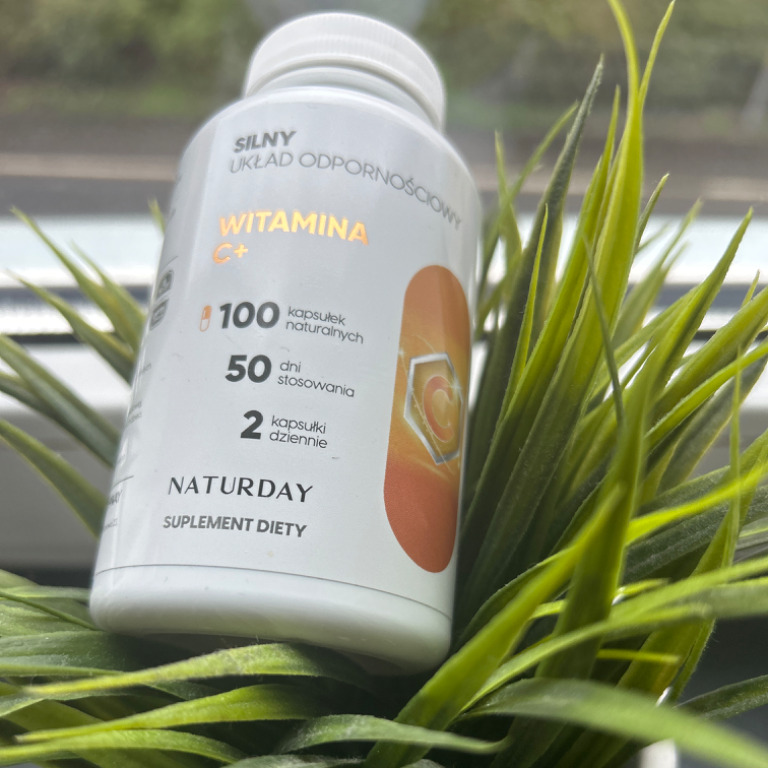
This vitamin c is brilliant. My immunity thanks also to the extra extracts does the job, I don't catch cold and my 12 year old is also more immune. Great composition, I recommend 👌.
This vitamin c is brilliant. My immunity thanks also to the extra extracts does the job, I don't catch cold and my 12 year old is also more immune. Great composition, I recommend 👌.

Hello, I would like to share with you how Vitamin C+ works : I caught a cold and immediately started taking 3x2 vitamin together with magnesium and I will say yes after a week of use after the cold there is no trace . Vitamin C+ and magnesium are powerful.
Hello, I would like to share with you how Vitamin C+ works : I caught a cold and immediately started taking 3x2 vitamin together with magnesium and I will say yes after a week of use after the cold there is no trace . Vitamin C+ and magnesium are powerful.

I recommend wholeheartedly. Rich composition that will take care of our health .
I recommend wholeheartedly. Rich composition that will take care of our health .

This is what your predecessors asked us about
Frequently Asked Questions
Vitamin C, which is administered surrounded by bioflavonoids from fruit, is better protected against destruction by digestive enzymes and therefore works longer and is more effective.
Do you have any questions?
You are supported by our service office and experts.
From Monday to Friday 8:00 - 16:00.
